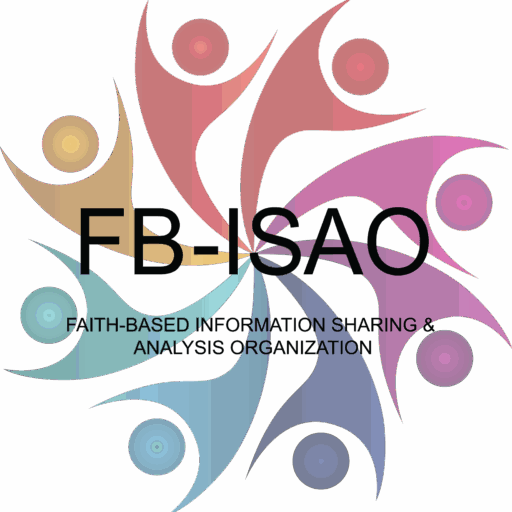Faith-Based Organizations (FBOs) serve their communities in so many different. People gather there to do all sorts of things, to include worship, but also to socialize, attend classes, teach their children, provide community-based services like job search support, receive mental health services, and other activities. Many FBOs also serve the global community by embarking on mission trips. Though the COVID-19 pandemic has slowed the ability of many FBOs to travel on mission trips, the hopeful news of a global vaccine program would open the door for mission trips to resume or accelerate soon.
Mission preparedness is very similar to preparedness activities that one would take at home. These activities may include:
- Threat Awareness and Assessment
- Personal Security Awareness
- Natural Hazard Awareness
- Public Health Awareness
FB-ISAO’s weekly report and weekly advisory can be useful in assisting with awareness of all hazards. If you are not receiving the weekly report and the weekly advisory, consider signing up as you prepare for a trip. Visit the membership page for more information.
Security of people and resources on mission trips is, of course, of utmost importance. Members of your congregation who are taking part in a mission should have clear and reliable modes of communications. It would be best to find out what one can expect, in terms of communication availability, in-country, ahead of the planned trip. A good source of information might include country specific information available from the Department of State. It would also be helpful if members of the travelling congregation are equipped with a list of mission leaders and team leads so that communication protocols, in case of an emergency, are clear. Organizations would also benefit from conducting cultural awareness training where individuals who will be on the trip are provided with do’s and don’ts that can help travelers avoid offending the local population.
It is important for individuals to understand the threat environment and potential actions they should take should they encounter an increased threat or risk. The Overseas Security Advisory Council (OSAC), part of the Bureau of Diplomatic Security within the U.S. Department of State has developed and maintains a Risk Matrix which can be used to access and mitigate risk. The Risk Matrix can be accessed here. Completing the fillable matrix can allow FBOs to methodically walk through the risk profile of the destination while providing resources for consideration imbedded in the document. Specifically, the following documents and resources are leveraged to fill out the data in the Matrix.
- State Dept. Travel Advisory
- Consular Affairs Country Information
- OSAC Country Security Report
- Nearest U.S. Embassy / Consulate
Additional references for use by missioners are:


